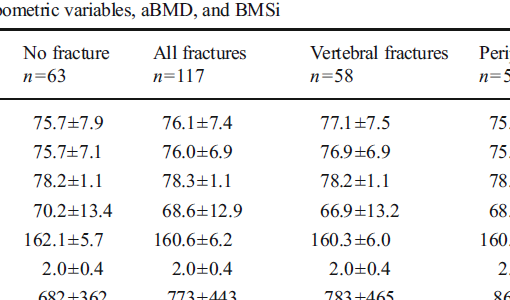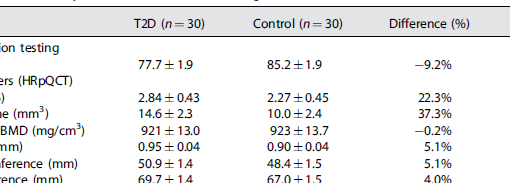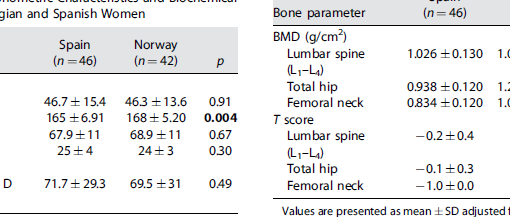Abstract
Substantial evidence shows that skeletal fragility should be considered among the complications associated with type 2 diabetes. Individuals with type 2 diabetes have increased fracture risk, despite normal bone mineral density (BMD) and high BMI-factors that are generally protective against fractures. The mechanisms underlying skeletal fragility in diabetes are not completely understood, but are multifactorial and likely include effects of obesity, hyperglycaemia, oxidative stress, and accumulation of advanced glycation end products, leading to altered bone metabolism, structure, and strength. Clinicians should be aware that BMD measurements underestimate fracture risk in people with type 2 diabetes, and that new treatments for diabetes, with neutral or positive effects on skeletal health, might play a part in the management of diabetes in those at high risk of fracture. Data for the optimum management of osteoporosis in patients with type 2 diabetes are scarce, but in the absence of evidence to the contrary, physicians should follow guidelines established for postmenopausal osteoporosis.
https://www.ncbi.nlm.nih.gov/pubmed/26365605
Lancet Diabetes Endocrinol. 2016 Feb;4(2):159-73. doi: 10.1016/S2213-8587(15)00283-1. Epub 2015 Sep 11.




